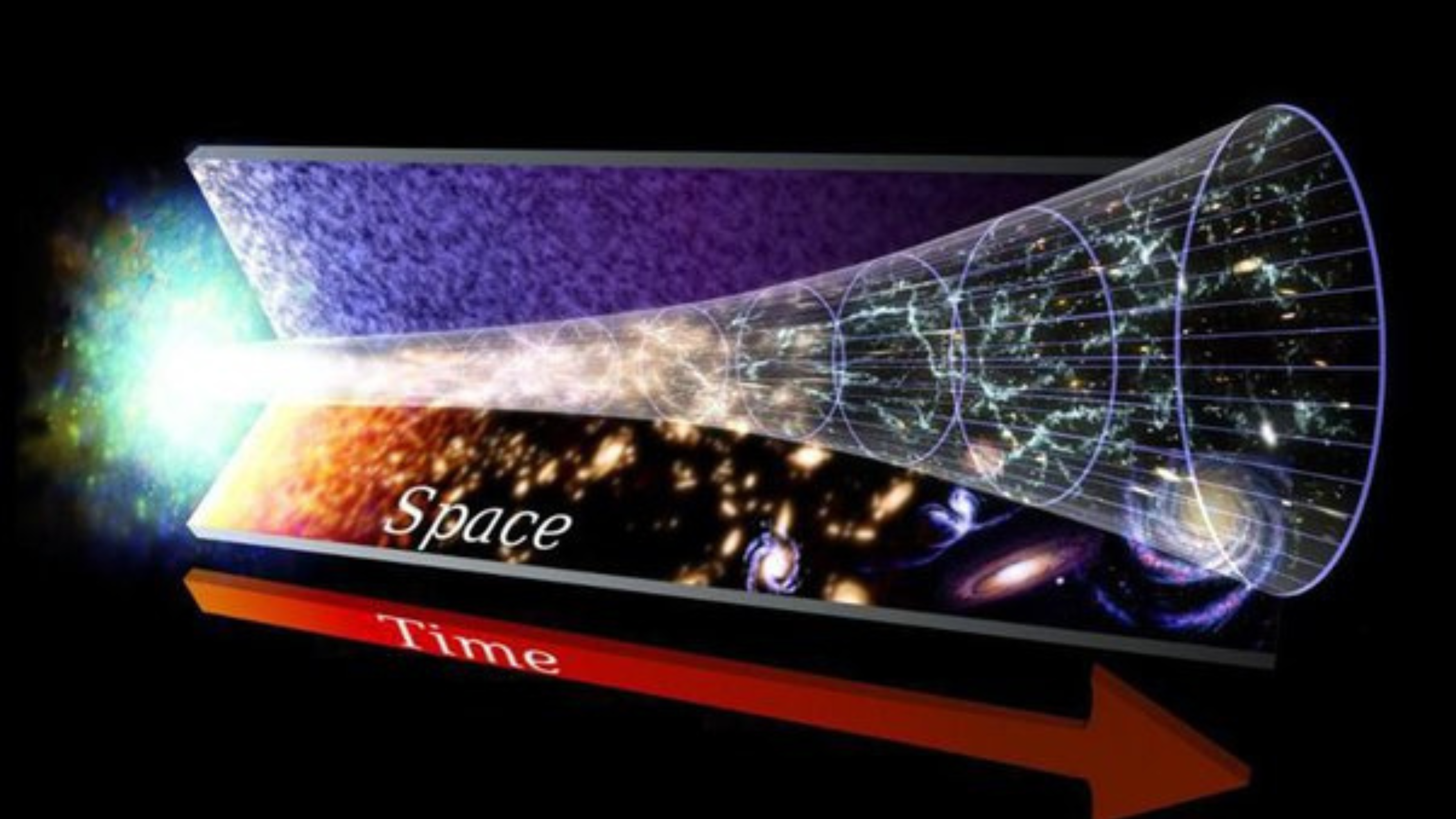support
on 2 years ago
Astrology in the Mahabharata:
Unraveling Cosmic Influences in Epic Tales
The Mahabharata, one of the most revered and ancient texts in Hindu mythology, is replete with references to astrology, showcasing its profound influence on the lives of the characters and the unfolding of the epic saga. Astrology, or "Jyotish" in Sanskrit, is deeply interwoven into the narrative, shaping destinies, predicting outcomes, and highlighting the cosmic forces at play.
The Mahabharata begins with King Shantanu's marriage to Ganga, the goddess of the Ganges River, who foretells the future of their eight sons. Throughout the epic, astrological signs and celestial events are used to predict the birth and fates of key characters, such as Karna, Duryodhana, and the Pandavas. The alignment of stars and planets often foreshadows significant events and battles, underscoring the belief that human destinies are intricately connected to the movements of celestial bodies.
One of the most pivotal astrological references in the Mahabharata is the determination of the auspicious time, or "Muhurta," for commencing the Kurukshetra war. Lord Krishna, known for his deep understanding of astrology, advises Yudhishthira to choose the moment carefully, taking into account the positions of celestial bodies. This act emphasizes the significance of astrology in decision-making and the belief that the timing of events can greatly influence their outcomes.
Astrology also plays a crucial role in character analysis and moral dilemmas within the Mahabharata. It offers a lens through which we can examine the traits and destinies of the various heroes and villains. For instance, Karna's birth under a rare celestial combination, the conjunction of Saturn and the Sun, foretells his tragic fate, while Yudhishthira's virtuous nature is often attributed to his auspicious astrological signs.
In conclusion, astrology in the Mahabharata serves as a powerful narrative device that underscores the interconnectedness of cosmic forces and human destinies. It adds layers of complexity to the characters and the plot, demonstrating the enduring relevance of astrology as a cultural and spiritual element in the epic's timeless storytelling. It reminds us that, even in the grandeur of epic tales, the movements of the stars and planets can shape the course of history and individual lives.

